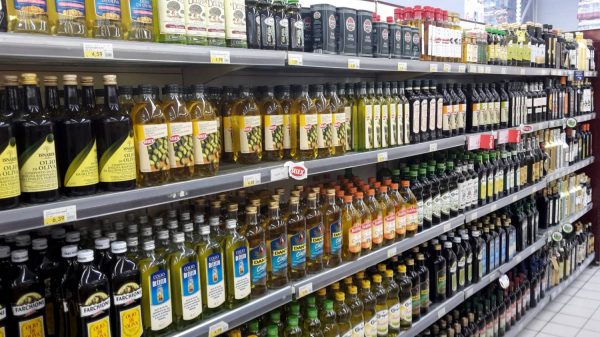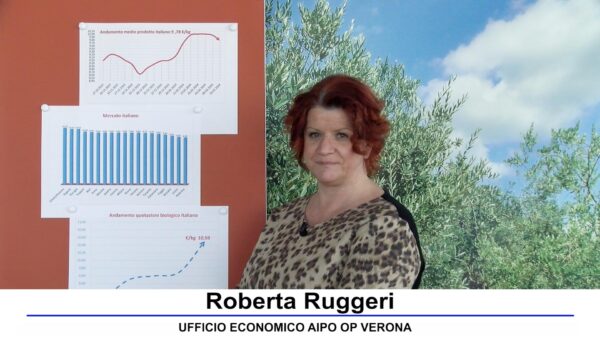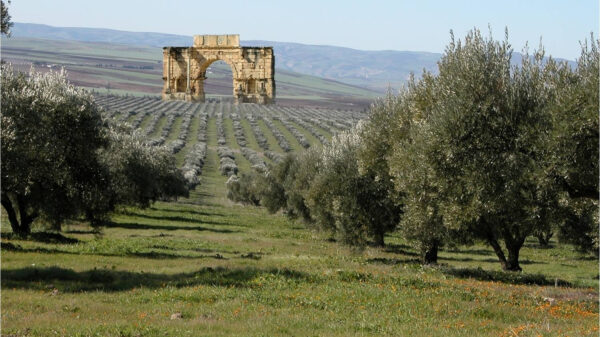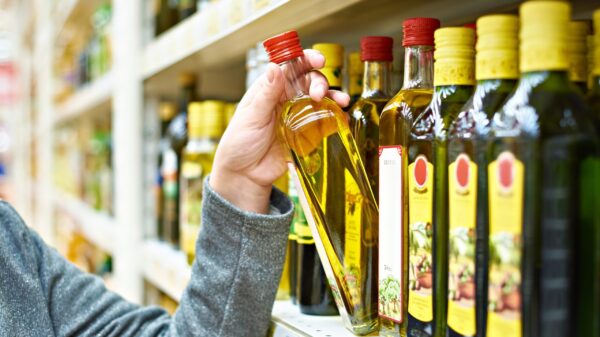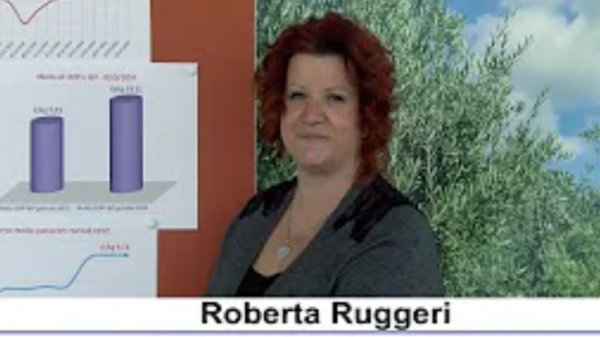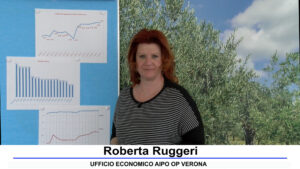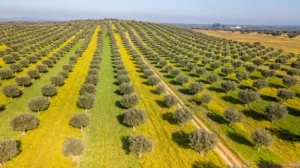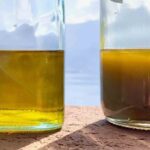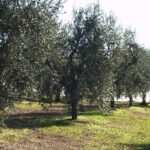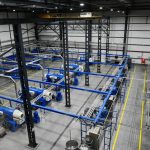"Fighting the many frauds in the olive sector with incisive measures, giving dignity to those who work concretely and correctly to guarantee consumers an Italian extra virgin olive oil on their tables". This is the sense of hearing that Riccardo Guglielmi, president of the FIOQ Association – Italian Quality Oil Mills (in the picture), he had yesterday at the Ministry of Agriculture and Food Sovereignty where he represented the requests of this network of Apulian millers who, as they are keen to point out, produce approximately half of the oil classified as 100% Italian.
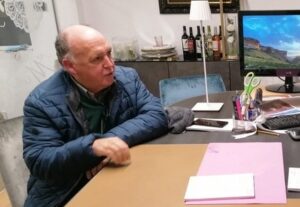 “We went to the Ministry – Guglielmi explains – to ask for particular attention for the oil mill sector and for the olive oil supply chain in general, subject to continuous unfair attacks carried out by speculators and foreign operators who export to the common market and are not subject to the same limitations and the same bureaucratic procedures that affect our supply chain. The world of oil millers risks disappearing, supplanted by skilled speculators and unscrupulous traders who only damage Made in Italy, selling it off to the highest bidder".
“We went to the Ministry – Guglielmi explains – to ask for particular attention for the oil mill sector and for the olive oil supply chain in general, subject to continuous unfair attacks carried out by speculators and foreign operators who export to the common market and are not subject to the same limitations and the same bureaucratic procedures that affect our supply chain. The world of oil millers risks disappearing, supplanted by skilled speculators and unscrupulous traders who only damage Made in Italy, selling it off to the highest bidder".
Gugliemi, what did you propose in particular?
“Ten points to bring back the true Italian olive growing and the Italian milling industry”.
Let's start with the first.
“Equalizing the figure of the miller with that of the oil producer. We are not simple processors, we are producers and as such we want to be considered in the institutional tables, where we are absent today. We also want to be included as producers in the CAP, as is the case for producers in other agri-food sectors".
Let's go with the second point.
“Set up a Single Price Commission as happens for wheat. It is not possible to have different prices in each region: this is how fraud is fueled with olives that leave from Puglia to reach the northern regions or those where the best prices are fetched".
We come to the third point.
“No more oil contracts including VAT as the packers impose. We buy the olives plus VAT, the commodity exchanges indicate the price plus VAT, then they impose a price on us including VAT, a further 4% which we lose".
We are on the fourth.
“We ask for a pre-harvest inspection of the production to verify the real quantities in the field. We want spot checks of particles, so we end up with regions that have years of discharge with 30% of production that claim instead to have had 60%, thus covering their backs from buying olives from other regions, perhaps illegally" .
After the fourth comes the fifth.
“There is also a need for control over the marketing of olives and oil between the regions, to be achieved through the establishment of special registers, as is already the case in the wine sector. This allows us to avoid what we call paper oil, i.e. oil that is considered made in that region only because it is declared as such on the papers and maybe even of foreign origin".
How about the sixth point instead?
“Intensify controls on oil coming from abroad, tracing its route to its final destination, especially from Tunisian oil that enters without duties and from that coming from Morocco. An example: duty-free oil can only be bought to package it for poor countries. However, if it is of good quality, as sometimes happens, the temptation to use it to sell it in Italy and perhaps send other poor quality oil to poor countries, who knows how to find it, is normal”.
Here we are at the seventh point.
“This is immediate. A tightening of penalties for fake Made in Italy to protect serious and correct producers”.
Let's go then to the eighth.
“A rigorous control of the oil yields of the pressed olives. Here we are in the presence of one of the best known scams. If the yield is 10 and I declare 22 instead, I have an extra 12 of oil that I can perhaps buy illegally from other regions of southern Italy and market it as oil from that specific region”.
We are at the ninth point.
“Providing incentives for the securitization of Made in Italy to mills. We are responsible for the traceability of the Italian oil. And this despite the fact that farms, unlike what happens for example in the wine sector, refuse to show us company files or even country notebooks. Everything and more is required for wine. In the oil sector, on the other hand, everything is permitted. Who protects the miller?”
Finally the last point.
“We are asking for authorization to improve the quality of the oil through natural enzymes as happens in all other agri-food chains. This in order to preserve the quality and also the duration of the oil. Today this ban on the use of natural enzymes no longer makes sense”.
What responses did you get from the Ministry?
“We appreciated the willingness to discuss everything. Obviously, for issues concerning European standards, there will be a need for in-depth analysis in Brussels which will require more time. There was also a willingness to involve Ismea, above all to support the mills with measures on interest, because we are faced with important exposures. In short: the oil millers are the link between the production sector and that of the marketing of oil. We are oil masters, custodians of ancient knowledge and capable of innovating. We have never shied away from evolution, continuing to invest in order not to fall behind the times and to offer the market an increasingly quality, healthy, traced product with a strong link with the territorial identity. And despite all this, we continue to get slapped from side to side. It's time to say enough!".






